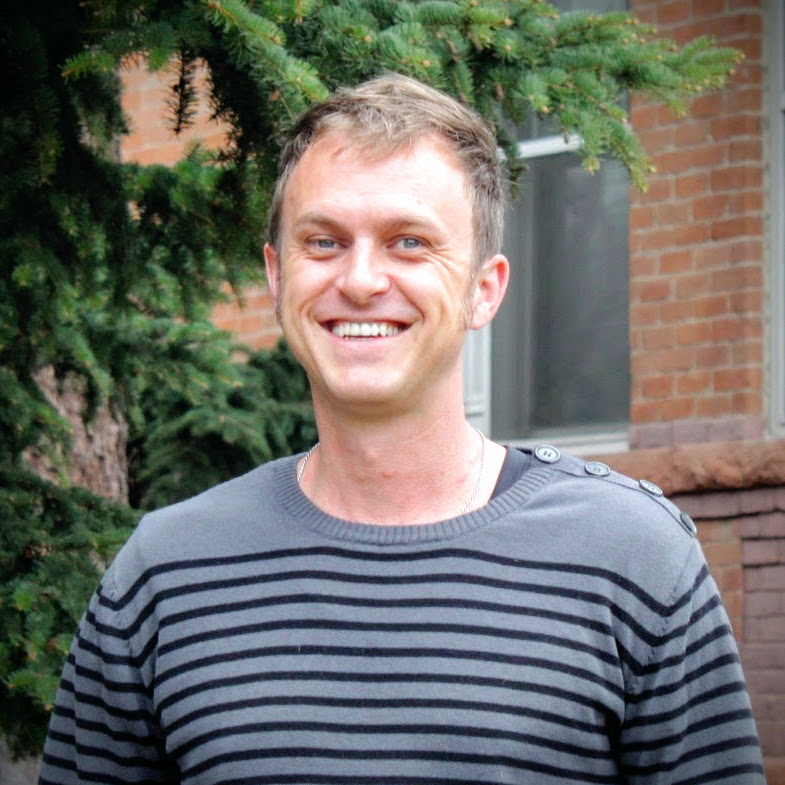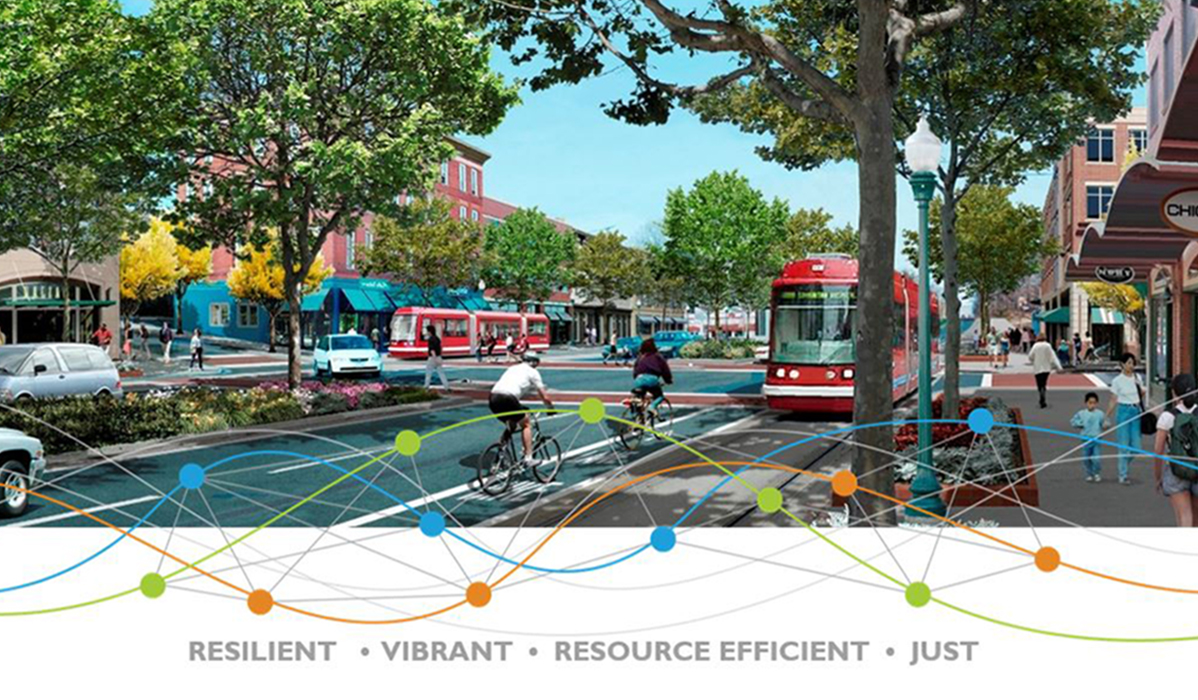 By: Colin Day | Urban Lab Coordinator
By: Colin Day | Urban Lab Coordinator
The City of Fort Collins recently adopted Climate Action Plan (CAP) goals to reduce carbon emissions by 80% by 2030 and attain carbon neutrality by 2050. As cities go, these are ambitious goals that only Sacramento, CA, has stepped up to match (and surpass) with a newly adopted plan. To meet the proposed time frame, Fort Collins must adopt a mix of highly innovative and large-scale programs that decrease carbon emissions across all sectors. IBE is assisting with the city’s goals by leading development of a variety of research-based approaches to district-scale sustainability projects.

To spearhead this effort, IBE has adopted a framework called EcoDistricts, which is supported by a national organization of the same name. EcoDistricts offers a “new model of urban regeneration and community development rooted in a relentless commitment to authentic collaboration and social, economic, and ecological innovation.” Fort Collins was selected as just one of 11 cities to participate in the 2015 EcoDistricts Incubator, an invitation-only, three-day, project-based workshop. With seed funding from CSU’s Office of the Vice President of Research early this year, applying the EcoDistricts model to Fort Collins became a reality. Working with university researchers, industry partners, and the City, IBE is leveraging the EcoDistrict imperatives of equity, resilience, and climate change to maximize the City’s CAP goals.
IBE’s Urban Lab (which focuses on placemakers and vibrant urban settings) and the Built Environment Working Group (part of the CanDo coalition for public health focusing on the health outcomes of design) have helped bring focus to the EcoDistricts Initiative. But the team isn’t stopping there; it’s initiating new district-scale projects to improve building efficiency, resource use, air and water quality, social capital and wellness, and economic returns. One example is a new, collaborative project with CSU’s Energy Institute and Sociology, Psychology, and Construction Management Departments to research the efficacy of DC power systems through studying micro-grid systems, and both real and perceived barriers to deployment.
IBE has convened teams from all eight colleges at CSU to identify gaps and opportunities for research on district-scale impacts to climate change. New research will lead to collaborative projects that test innovative strategies. Successful approaches will demand leveraging new technologies by cultivating industry, university, and city collaboration; programming natural systems and vibrant urban settings into our city; and documenting environmental and social patterns.
Through continued capacity building, IBE will partner with public, private, and institutional teams to develop district-scale solutions, supporting metrics that quantify impact and contribute to the larger global dialogue on designing, building, and operating thriving neighborhoods. Given that IBE and CSU will be co-sponsoring the inaugural EcoDistricts Research Summit in Denver next year, this is only the beginning to how Fort Collins will serve as a national model for other cities.
